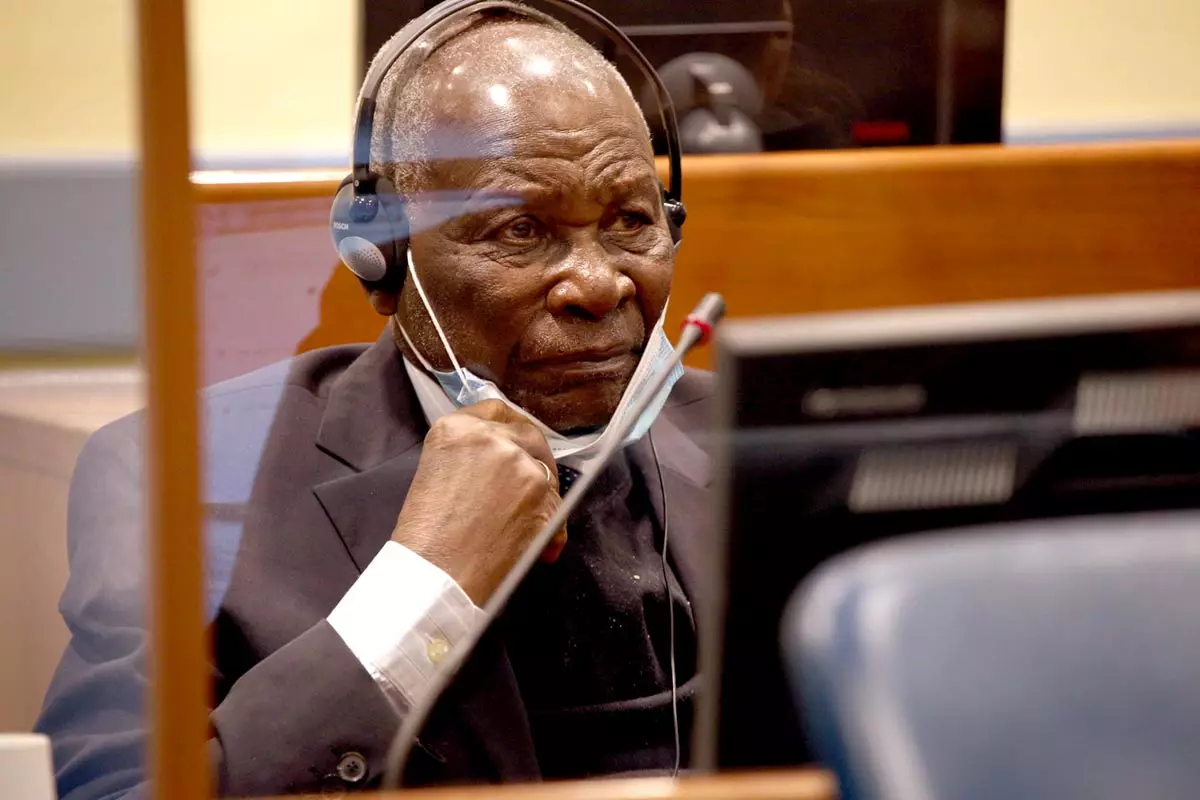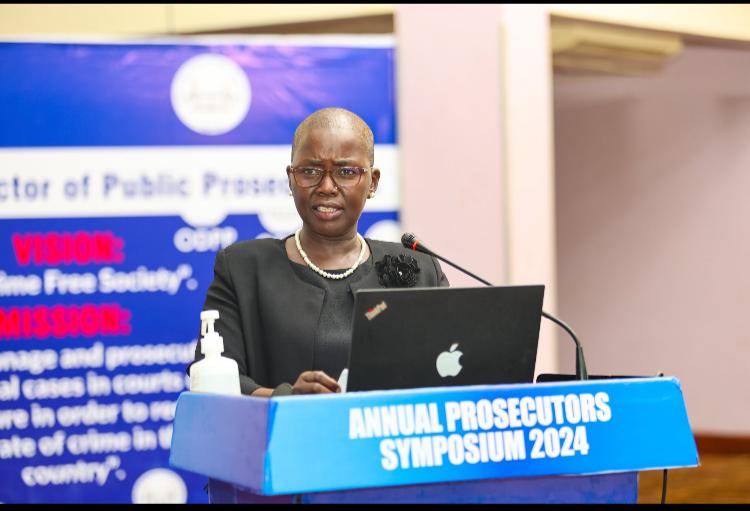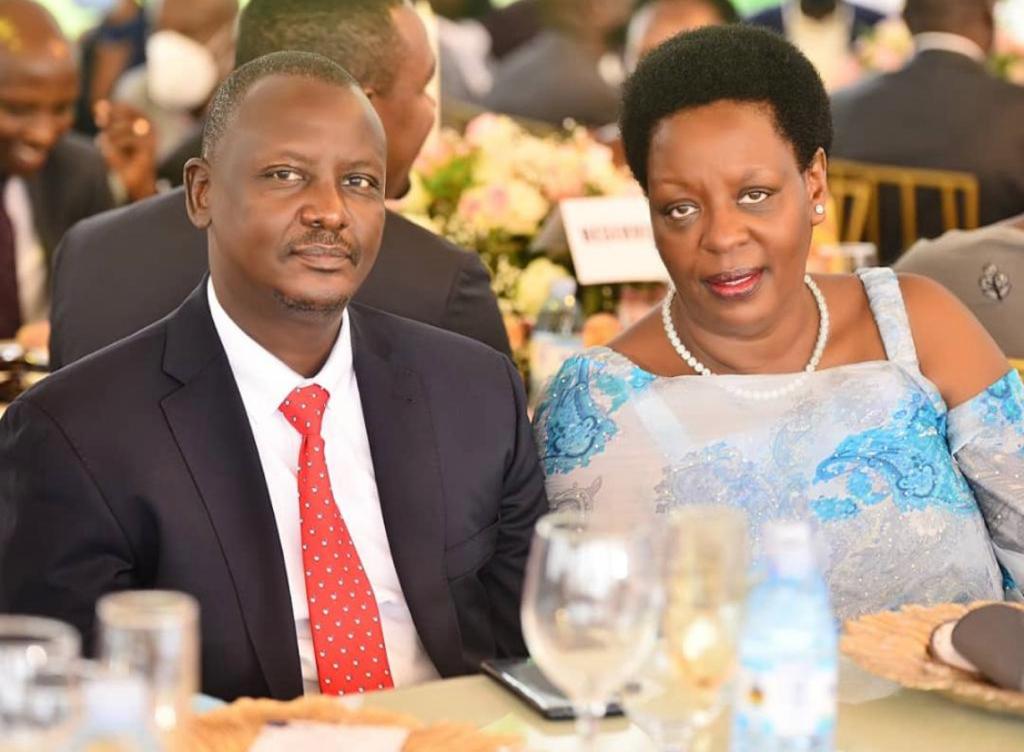Kerry Howard Mwesigwa.
In a recent ruling by the International Residual Mechanism for Criminal Tribunals, a Moroccan judge has expressed a dissenting opinion regarding the ability of Felicien Kabuga, a significant suspect in the Rwandan genocide, to effectively participate in his trial.
Felicien Kabuga, notorious for his alleged role as a financial supporter of the genocide, was a wealthy businessman and the president of the National Defence Fund during the fateful period from April to July 1994. Judge Mustapha El Baaj, an expert in criminal justice, voiced his disagreement with the majority’s conclusion, contending that Kabuga and his defense team failed to provide satisfactory evidence to support their claims of incapacity.
Respectfully challenging the finding that Kabuga is unfit to stand trial, Judge El Baaj maintained, “I believe Kabuga has not sufficiently demonstrated his unfitness to stand trial, and the medical evidence on record does not support such a determination.” In fact, the judge firmly believed that Kabuga possesses certain capacities that meet the required legal standard for active participation in the proceedings.
To safeguard Kabuga’s rights and uphold the principles outlined in the Convention on the Rights of Persons with Disabilities (CRPD), Judge El Baaj proposed that Kabuga should be tried within the established legal framework, which includes necessary accommodations to facilitate his meaningful involvement. The judge emphasized the importance of striking a fair balance between the interests of the victims and Kabuga’s right to participate in the trial.
Felicien Kabuga, considered a core member of the Akazu, a small group responsible for planning the genocide was also the founding president of hate radio station RTLM, which played a significant role in inciting violence by broadcasting targeted information.
Throughout the trial proceedings, Kabuga’s health and ability to stand trial have remained central concerns. The Trial Chamber has been closely monitoring his well-being since he was transferred to The Hague in October 2020. However, Judge El Baaj’s dissenting opinion challenges the majority’s decision, asserting that Kabuga has not convincingly demonstrated his incapacity to stand trial. In recognition of Kabuga’s reduced ability to participate meaningfully, the UN war crimes court has decided to adopt an “alternative finding procedure” resembling a trial, albeit without the possibility of a conviction. This approach aims to balance the pursuit of justice with accommodating Kabuga’s limitations.















